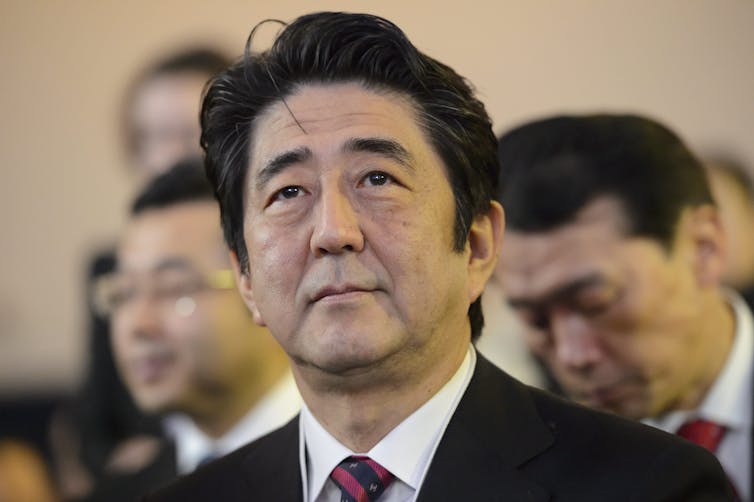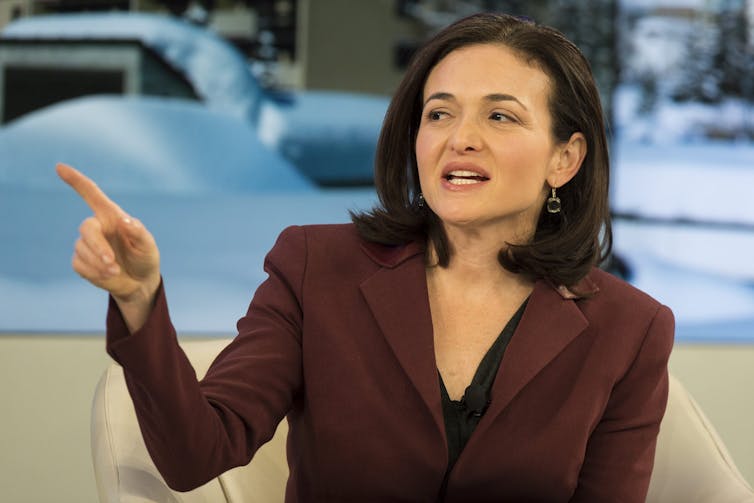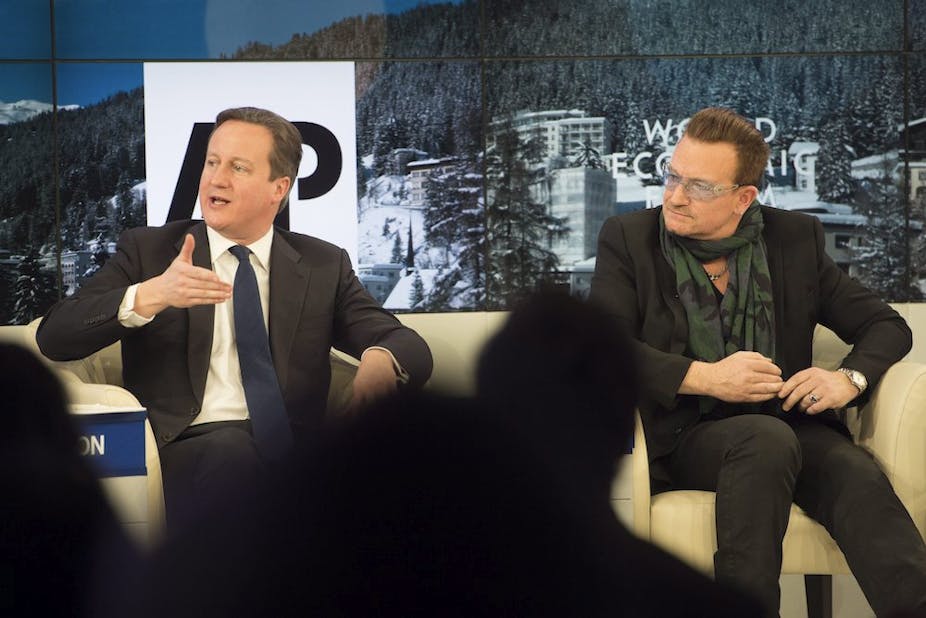As my wife and I arrived in Davos on the train for the World Economic Forum, We had a feeling of déjà vu not unlike arriving at Harvard for graduate school – we sort of didn’t belong and we sort of did.
Davos is stretched out in a steep valley in the Swiss Alps, with most of the town concentrated in a three-block wide, five kilometre long stretch. Every year, in mid-January, Davos is over-run with the rich, famous, powerful, influential, and in this year, yours truly. Facades are put onto existing hotels and restaurants, security barriers are put in place around the major hotels, and the main road of the town is closed to through traffic. While there are only 2500 fully registered participants, Davos has many more attendees in the form of entourages, media, and seemingly thousands of people with limited participation badges who come here entirely for the networking opportunities.

At its heart, Davos has a noble purpose. The meeting is all about bringing together business, politicians, government officials, international organisations, NGOs, and academics for the purpose of “Improving the State of the World”. And while it is easy to be cynical about the elite of the world getting together in a ski resort, after my five days, I can confirm that the main meeting is exclusively concentrated on that purpose. And while many of the Davos crowd go from one commercial event to another, the most influential seem to take the central charge of the forum to heart.
The attendee list of the meeting is staggering, with more than 30 heads of state, countless CEOs, and a wide range of well-known artists, academics, entertainers, and general people of influence. But there are also lots of young people brought about because they have caught the attention of the forum. I do not know how the forum finds these people, but they pick well.
At one dinner I am in charge of leading a discussion where I announce at the able to be about data and privacy. Next to me I have a young woman from Microsoft who studies social media through data mining. On the other side of the table I have young Australian entrepreneur, now based in California, who is considered one of the world’s experts in our subject. During the night’s discussions, the two reveal themselves, not through big noting, but through their comments, as among the most talented individuals I have met in my life. The most interesting people you meet in Davos are likely not to be famous.
But of course Davos is full of famous people. I find myself at a wine event sipping a 2000 Cheval Blanc sitting next to Goldie Hawn, and the next morning having coffee standing next to Bono. Next I am in a workshop sitting next to Gordon Brown, and I bump into, literally, Shinzō Abe leaving a talk. I am still star struck, and these meetings add excitement to the Forum, but not a conversation.

Much more interesting is listening to these people and hundreds of others in the Forum’s sessions. The session rooms are surprisingly intimate – most allow 20-50 people – and topics include almost any subject imaginable on how one might improve the state of world. I am truly inspired by a few events – the finance minister of Nigeria, Ngozi Okonjo-Iweala, blows me away with her knowledge, vision and charisma. I cannot help but think that Nigeria must be on a path to prosperity with her on board. A panel on gender-driven growth causes an epiphany in my thinking, and my wife to have another epiphany – Sheryl Sandberg is the Sheryl she used to teach aerobics with at Harvard. At the final dinner I finally begin to understand the path to start-ups after a 90-minute discussion with two Australians who are making it big in Silicon Valley.
Of the 2500 official participants at Davos, 21 officially list themselves as Australian, and there are at least double that number attending the meeting in other capacities. Australia is highlighted as being the chair of the G20, and our B20 and G20 teams impress in their sessions. I am encouraged at the number of our business leaders attending, and hope that the enlightened themes of Davos are more widely discussed within the Australian business community. But we could do more. David Christian from Macquarie University and I are the only two academics from Australia – Harvard has 18 in attendance, Columbia 12, Singapore, six.
A central theme of the meeting was how to end poverty. When asked about the poor, Bono replied, “Well, they are not here”. My trip to Davos was paid for by the Forum, but getting here for most costs upwards of $50,000. This price tag provides exclusivity, pays for the substantive costs of the meeting, but also brings the price of the derision from many in the community. The Forum is very conscious of its need to deliver, and their work outside the meeting is extensive, high calibre, and influential.
But in the end, it is what the attendees can deliver after the meeting that really counts. I, for one, depart Davos better informed, better connected, and ultimately much more empowered to do my part to help improve the state of the world.

